The Moscow Institute of Physics and Technology (MIPT) announced the completion of tests of a domestic drone using hydrogen fuel cells. Its advantage compared to a similar drone on conventional batteries is the significantly increased autonomy.
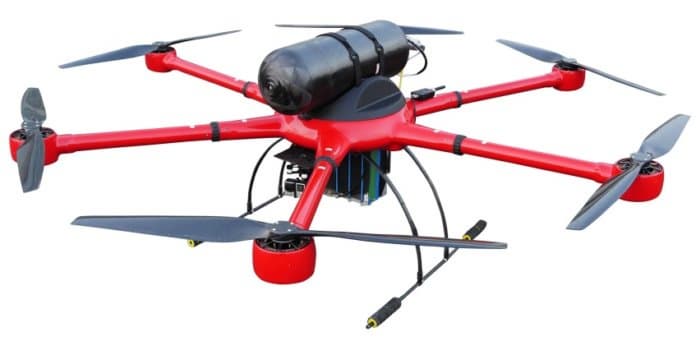
«The drone's power source is two kilowatt fuel cell batteries. This power plant can provide continuous flight for up to 2.5 hours. If the same device is powered by lithium-ion batteries, it will have to be periodically landed, and the batteries replaced or charged to ensure the same flight time,» – said Alexey Levchenko, Head of the Laboratory at the Federal Research Center for Chemical Physics Problems and Medical Chemistry of the Russian Academy of Sciences.
Specialists from MIPT and the Federal Research Center for Chemical Physics Problems and Medical Chemistry of the Russian Academy of Sciences have developed compact and capacious fuel cells that are several times more energy-intensive than traditional power sources, which made it possible to create a highly autonomous and environmentally friendly UAV.
The drone prototype was equipped with two fuel cell batteries, as well as a high-pressure hydrogen cylinder. The take-off weight of the drone does not exceed 15 kg, and it is capable of moving at speeds up to 50 km/h.
«Our development has a number of obvious advantages: one of the main ones is the potential for operation at negative temperatures. Fuel cells differ from other energy sources in absolute environmental safety, since only distilled water vapor is released during operation,» – added Dmitry Grebtsov, Head of the Laboratory at MIPT.
The developers believe that the hydrogen elements they have created can be used not only in drones, but also, for example, for charging mobile devices or in electric bicycles.
Now on home
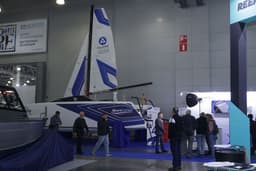
The small vessel can accommodate up to 12 passengers

Russian dataset with 5 billion events from Yandex Music helped optimize the Seater model

Russian Navy submarines are equipped with torpedoes that break through the ice
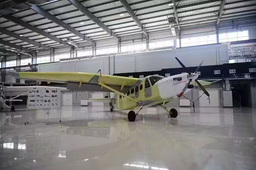
LMS-901 Will Improve Connectivity of Territories in the North and Far East

The enterprise will supply interior solutions for train cars and driver's cab blocks
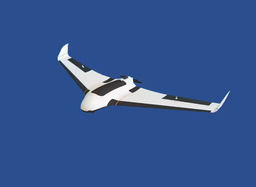
The first 200 drones have already been handed over to the military
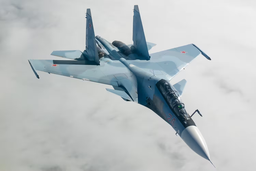
Military pilot Popov: "in the next 50 years, the priority will remain with manned aviation"
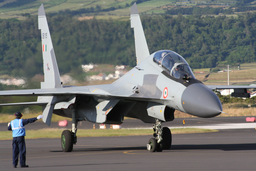
MWM: 84 Aircraft to Receive New Radars and Possibly AL-41F-1S Engines
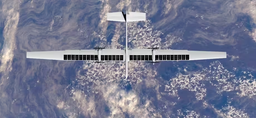
Andrey Patrakov: Russia had no groundwork for stratospheric drones
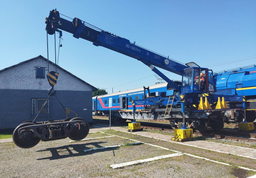
The machine will operate as part of recovery trains
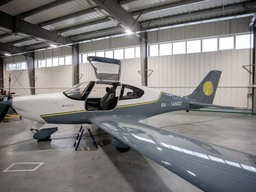
Experts will determine the types, volumes, and list of components for mandatory verification
